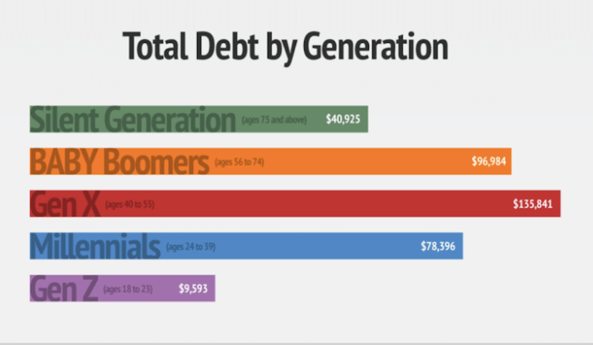Let’s talk about employer loyalty. For much of the 20th century, Americans (by and large) followed a standard script: enter the workforce and work for a single company for decades, then throw a retirement party at 65 and cash in a pension – a reward for years of company loyalty. This pension provided retirement income; usually, a percentage of the yearly salary the employee earned while working. American Express established the first corporate pension plan in the US in 1875. By 1960, about half of the private sector employees had a pension. Of course, in 1960 the average life expectancy was 67, meaning that if you retired at 65 (standard at the time), the average pension only had to provide income for two years.
Since 1960 there have been many advances in modern medicine raising average life expectancy to 79. Suddenly, plans designed to cover a few years of post-retirement income were expected to cover retirees well into their 80s and 90s. Companies offering pensions began to realize that their retirement plans were becoming increasingly – sometimes prohibitively – expensive to fund. As pension expenses continued to rise towards the end of the 20th century, many companies were forced to design new systems to ensure their employees were financially secure come retirement.
The 401(k) plan hit the streets in 1980. The employer-sponsored retirement plan was rolled out as a replacement to traditional pensions and has since become the most common retirement savings mechanism in America. In essence, the 401(k) provides a tax-deferred way for employees to set aside wages for retirement. Employees elect to divert a certain percentage of their income each year to a 401(k) account. The diverted funds grow tax-free in that account until the employee retires.
In addition to providing the account, most companies offer a savings-match system. For instance, in a 3% match system, the company would match up to 3% of an employee’s elective contributions to their 401(k) account. The employer match provides a strong incentive for employees to start planning for retirement. If an employee doesn’t divert AT LEAST the match threshold into a 401(k) they miss out on the employer match – in other words, they lose out on free money from their employer.
Let’s talk about the benefits. Funds in a 401(k) account are able to grow tax-free. Because growth is not disturbed by capital gains taxes, accounts are able to grow faster than a standard individual account. Of course, there’s always a catch: money in employer-sponsored plans – like a 401(k) – cannot be withdrawn prior to age 59 ½ without paying penalties. Most plans offer options for the participants to increase their contribution rate on an annual basis, and small increases in contribution rate (even as small as 1%) year over year can make a huge difference by the time you retire.
Contributing to employer-sponsored retirement plans such as a 401(k) or 403(b) – the non-profit version of a 401(k) – is a vital part of preparing for retirement. The money is automatically deducted before your paycheck is cut, making it easy to budget and painlessly save for retirement at the same time.
Contributing to employer-sponsored retirement plans is an essential step towards retirement planning – but it is only the first step.
Please contact me at zach.swaffer@trilogyfs.com if you are interested in discussing the next steps you can take to ensure retirement security.



